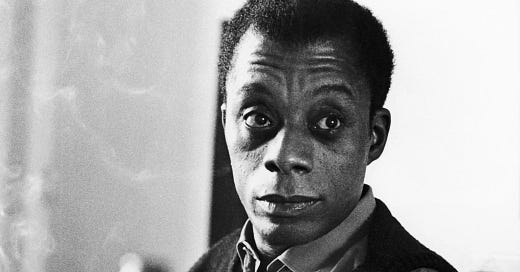This week, we reach the culmination of our journey through the book of Bamidbar, the book of Numbers. As we conclude with the double portion of Matot-Masei, let's turn our attention to the message of "Masei," the journey.
The word "journey" resonates deeply with our own lives. Reflect for a moment on the incredible distances we've traversed – both as individuals and as a community. We began in the shackles of oppression, emerged into the liberating wilderness, and have continued to navigate the unpredictable terrain of human existence. Along this path, we've stumbled, we've soared, we've grieved, and we've matured. Through it all, we've grappled with the fundamental questions of identity – both as a people and as unique individuals.
The Torah reminds us that there are no shortcuts in life, no magical detours around experience. We must traverse the wilderness – sometimes harsh, sometimes beautiful – to reach our destination. This journey is not just a historical narrative; it's a living metaphor for our present reality.
Today, we find ourselves journeying through a wilderness marked by the resurgence of hate – racism, antisemitism, transphobia, and all forms of bigotry. Yet, even in these challenging times, we walk on. We refuse to surrender to despair. Let us use this moment as a call to action – to educate ourselves and others about the histories of oppression, to build bridges of understanding between marginalized communities, and to dismantle the structures of injustice that plague our society.
On this very day, we also celebrate the 100th birthday of James Baldwin, a visionary man whose words continue to echo with truth and urgency. Baldwin dared to live authentically in a world that sought to confine him, a testament to the resilience of the human spirit.
Please watch this video of Baldwin on the Dick Cavett Show. During the show, Philosopher Paul Weiss argued that James Baldwin was excessively focused on racism in America; the exchange between Baldwin and Weiss was featured in Raoul Peck's documentary I Am Not Your Negro and described by movie critic A. O. Scott in The New York Times:
"In 'The Dick Cavett Show,' Baldwin tangles with Philosopher Paul Weiss, a Yale philosophy professor who scolds him for dwelling so much on racial issues. The initial spectacle of mediocrity condescending to genius is painful, but the subsequent triumph of self-taught brilliance over credentialed ignorance is thrilling to witness."
I have had similar conversations in the Jewish community that resemble the conversation Baldwin had with Weiss, finding myself repeatedly explaining the experience of anti-Black racism in America.
Racism in the Jewish community, much like in America, is not always obvious to those who do not experience it, and by the time said white person understands, the pain, harm, and damage to Black individuals is already done. One thing I hope that you take away from watching the video is that today, there are many conversations still playing out like the one between Baldwin and Weiss, between a Black person and a white person, and may this video help you learn.
As we close this chapter of our Torah journey, fortified by the echoes of voices like Baldwin's, let us draw strength from the ancient words: 'Chazak, chazak, venitchazek!' – Be strong, be strong, and we will be strong!
I’ll close with more words from Baldwin:
White man, hear me! History, as nearly no one seems to know, is not merely something to be read. And it does not refer merely, or even principally, to the past. On the contrary, the great force of history comes from the fact that we carry it within us, are unconsciously controlled by it in many ways, and history is literally present in all that we do. It could scarcely be otherwise, since it is to history that we owe our frames of reference, our identities, and our aspirations.
Shabbat Shalom.





Thank you Rabbi Sandra for raising up James Baldwin, one of the greatest American social critics and truth tellers of all time. Tragically, Mr. Baldwin's brilliance was under-appreciated in his lifetime. He deserved greater recognition and better treatment than he actually received.
shabbat shalom